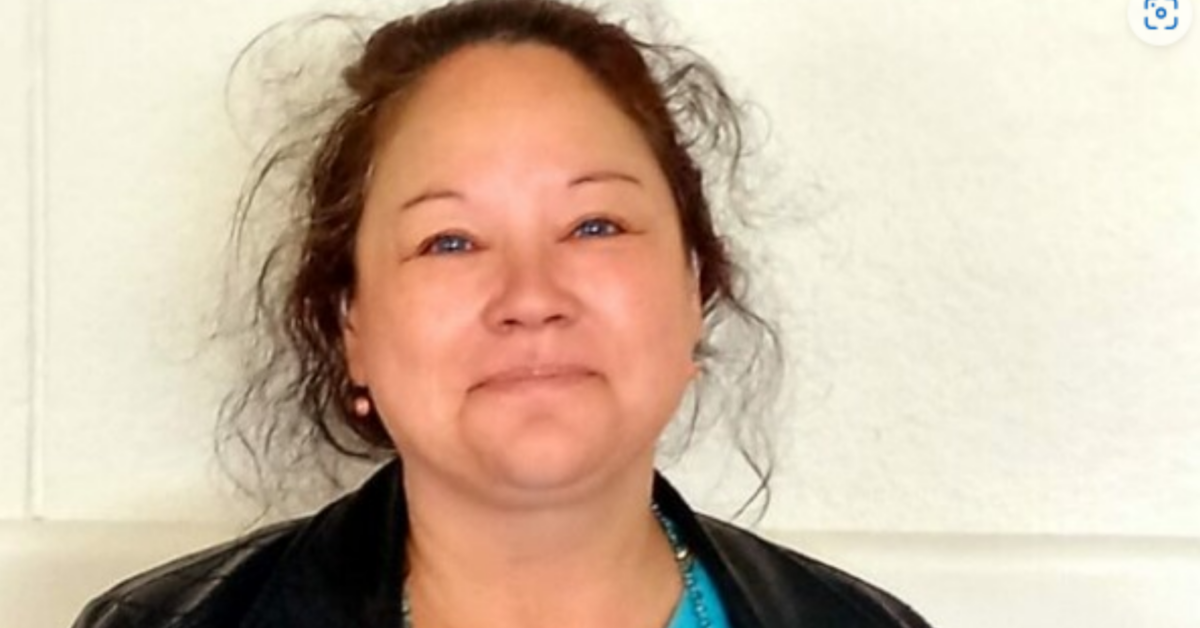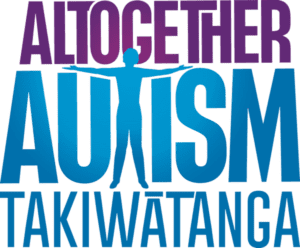
13 October 2021 – Nikki Martin met up with Anne Greatbatch for a second interview to share how making the video about hearing loss has helped to change her life for the better.
A change for the better
Nikki explained that her life had changed dramatically since the video was released because people who had watched the video, including her family, were treating her differently.
Family and whānau
Nikki said “My family/whānau were absolutely fascinated, partly because they didn’t realise that I was so deaf. The video showed that there are so many of the challenges and obstacles that I face on a day-to-day basis. Every situation impacts on me somehow: sometimes I simply can’t hear and it’s easier for me to just give up without explaining myself and sometimes I just avoid particular situations.
“When the information became available to my family, friends or workmates… it made them more aware. I learned more too, especially how I can help to educate the people around me about deafness. I believe that we all need more understanding about deafness, and the video is helping to make that a reality.
“My family do understand that I’m hard of hearing and thought I just deal with being deaf in my own way. They know that I remove myself from social situations because I can’t hear.
Making the video
Making the video has helped to build Nikki’s confidence, to talk about how life is for her and how people can work with her and let her voice be heard.
The film crew realised quickly during the video shoot that with effort and understanding the turn shoot itself became a learning opportunity for the crew and Nikki. Together, they developed a new process which involved carefully asking for advice and clarifications about how to interact, rather than making assumptions. The result is an alternate film-making process that is easy to understand, negotiate and apply in a range of settings.
Nikki says, “One of the video’s screenwriters asked me how they should communicate with me. At the next session he asked again so I asked the team to look at me when they were talking and make sure I’m watching and speak a little bit slower. That way they see my facial expression and notice if I lean toward them and look puzzled, like I don’t understand – it’s probably because I don’t.”
Nikki recalls an example from the first day of meetings. “I remember the screenwriter asked how best to communicate with me. I replied that he needed to gain my attention, look at me and speak slowly. Afterwards the screenwriter said that advice made absolute sense and was simple to do – and he had never thought about communicating in this way with a person who was hard of hearing before. It was a lightbulb moment for him, and it would now be easier for him to communicate with me.”
The screenwriter and crew all agreed that Nikki’s firm guidance made having a conversation that included her much easier. The screenwriter later said that because he had been offered such clear and simple advice, it just made sense to use it ‘because it was so easy to do things the way that suited Nikki’. He also said he had never really thought about these issues before.
“So when people talk about how simple things can make a world of difference, I think that is quite correct. I think that sometimes we look for very complicated solutions when often it is the simplest things that anyone can do, in terms of communicating with deaf people, that make the biggest difference.
“That was something that the video did really well. It put new ideas into people’s heads, helping them to realise that this is something you can do. Its easy to do too and doesn’t cost anything. It is simply about educating others: helping them to learn how to make small changes that make others feel included.
The film-making process
Making a video when you are deaf is not without its challenges. Nikki explains, “When we were beginning to film. We’d had our discussion… and we had our plan, our methods. Yet when the camera started rolling I didn’t say anything. I could see the camera was rolling and said, ‘when do I start?’
“The crew explained they were already filming so I asked them why they didn’t say action. They said they already had and I apologised for not hearing them. So I suggested that they point whenever they say action and make sure I saw it. That was a significant move forward for both the team and myself.
Nikki and the film crew continued to review and negotiate changes to the usual filming process throughout the filming session, to suit Nikki in ways that suited her within the busy café environment.
The impact of the video
Nikki says the impact of making the video has been huge! She says “Sharing the video on my Facebook page brought a flood of comments back. A lot of people hadn’t realised I was deaf. There was a lot of empathy there … It all fell into place for lots of people, who commented that when they’d seen or talked to me and I’ve got a certain look or seem rushed, that its simply because I just haven’t heard them. That’s it! That’s exactly what’s happening!
“I find I can ask people to repeat themselves once. But if I have to ask them again, I feel it makes us both feel uncomfortable. I definitely feel uncomfortable. So it’s easier to just end the conversation.’
Nikki felt that talking about her hearing helped to create huge awareness for others. She says “They are not being ignorant. I’m not being rushed. I’m not being polite. It’s just the way things are in a deaf person’s world sometimes.”
Life Unlimited Hearing Therapy Manager, David Darling, was present on filming day and said “It was great to see this adaptive filming collaboration used to deliver a great resource for others. The issues highlighted really came to life, against the background of a bustling café on a beautiful sunny day.”
Tips for talking to someone with a hearing impairment
Making the video has helped Nikki and the people she sees regularly to recognise the signs of mis-communication and take the right steps to get the conversation back on track.
Here are some of Nikki’s tips for communicating with someone who is deaf or hearing impaired.
- They may be reluctant to visit busy places like cafes, restaurants or pubs because they can’t hear well. They may prefer to avoid that situation or with the right support from you they may feel more able to join in. Ask what, if anything, you can do to help.
- Make sure that the person can see you easily and are watching when you speak to them. Move to be closer to them if you are too far away, instead of shouting across a table or room. Ask whether you may be able to assist the person to place an order or talk to others if they need to, but only get involved if they would like you to. Always ask first.
- Lots of competing noises and big groups make it harder for people with a hearing impairment to hear. If you’re organising the event, think about finding somewhere that is relatively quiet or make sure you are in a quiet part of the room Make sure the hard of hearing person can sit where they can see the people they will be talking with too.
- Ask you friend with the hearing impairment what they need to be comfortable and how you can help to make that happen.
- If you and your friend don’t get a chance to talk then make a time for a face-to-face session in a quiet location, even if that is on zoom. Making time like this can feel huge as people make time to understood so much more
Raising awareness about hearing impairment
Now that you’ve started to become aware of the challenges surrounding hearing impairment, let your natural curiosity continue your learning journey.
By improving your understanding of the challenges posed by a hearing impairment, you can help people with a hearing impairment to be more included in your community.


